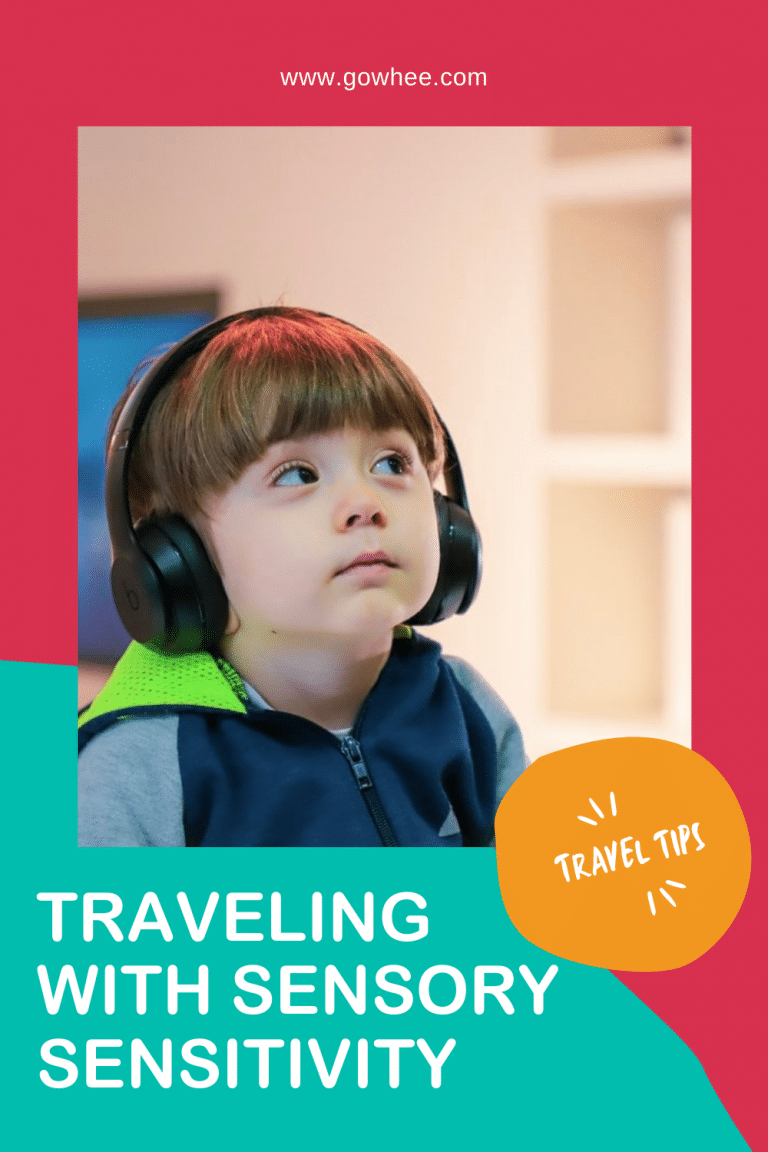
Find places for kids near you or around the world in seconds.
Gowhee App is the perfect tool to keep the kids busy and parents happy!

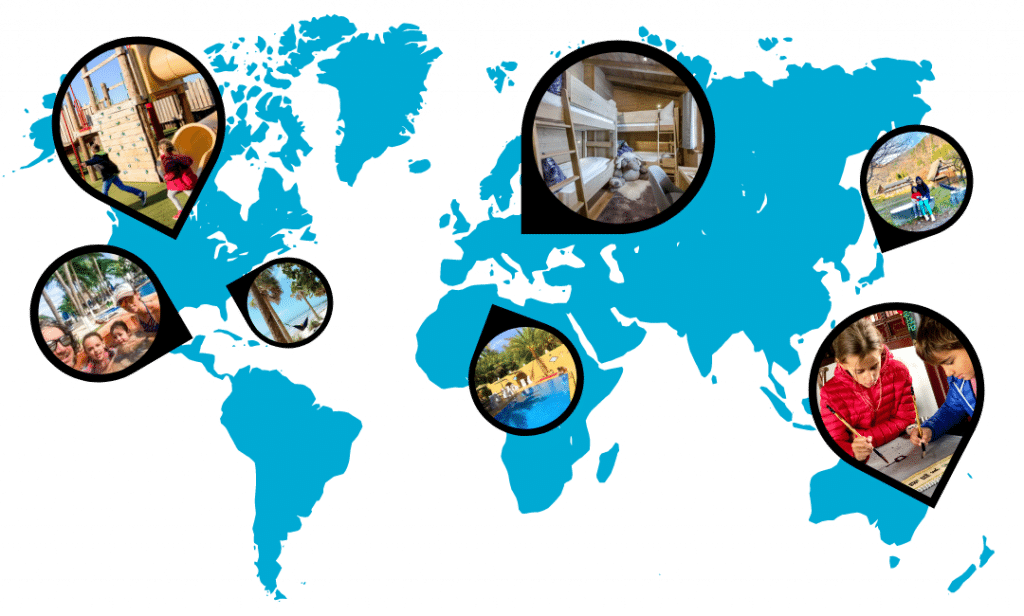
The Gowhee network is present in 60+ country already such as the United States, Mexico, Canada, Costa Rica, France, U.K, South Africa, Australia, Japan, Croatia, Greece… all locations are added by parents themselves.
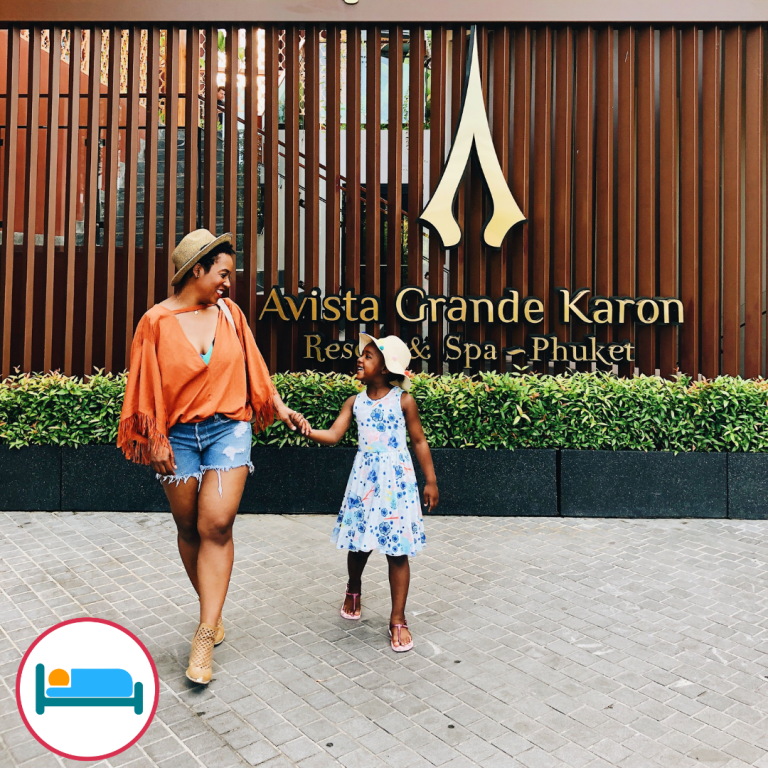
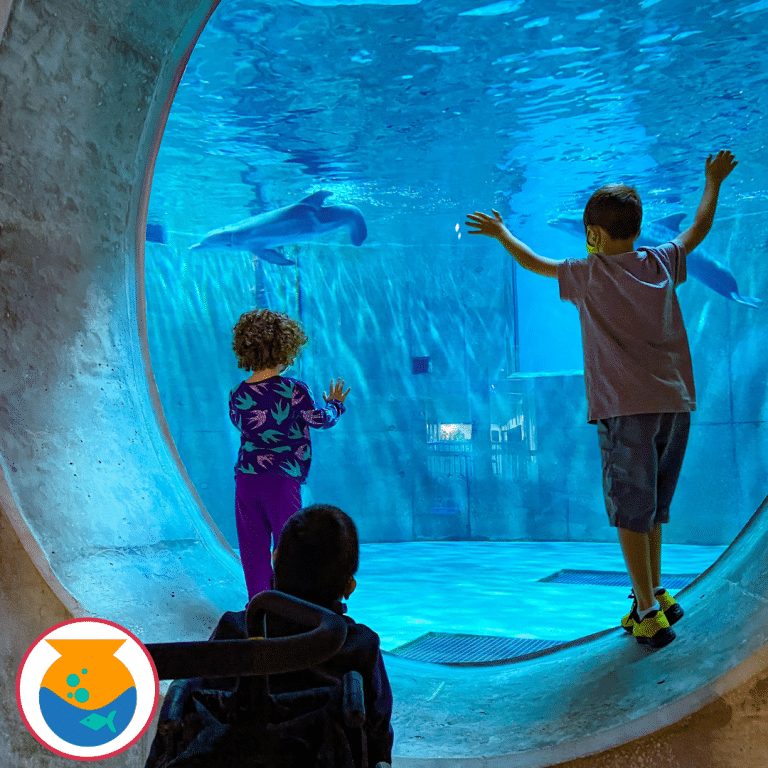
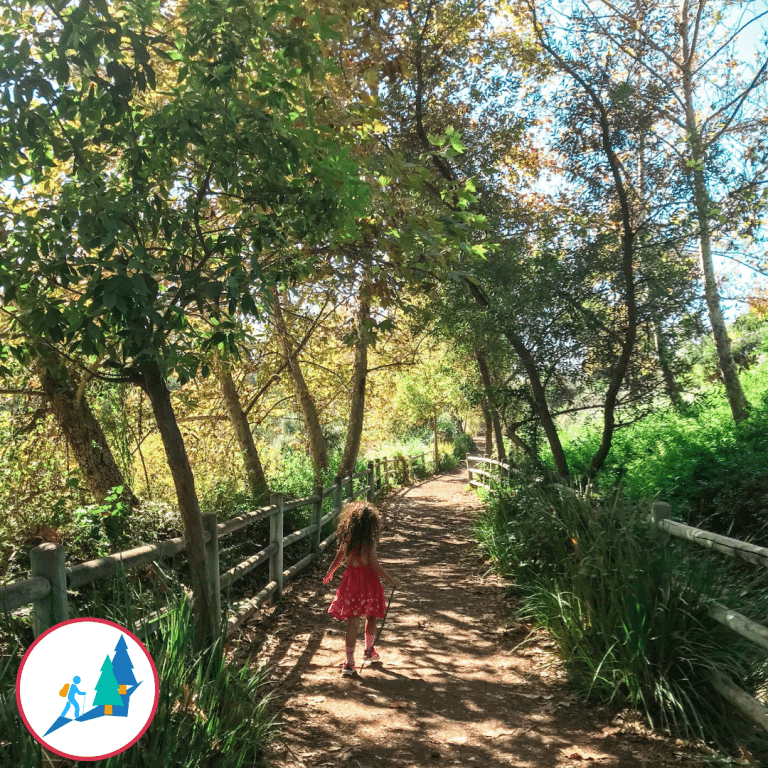

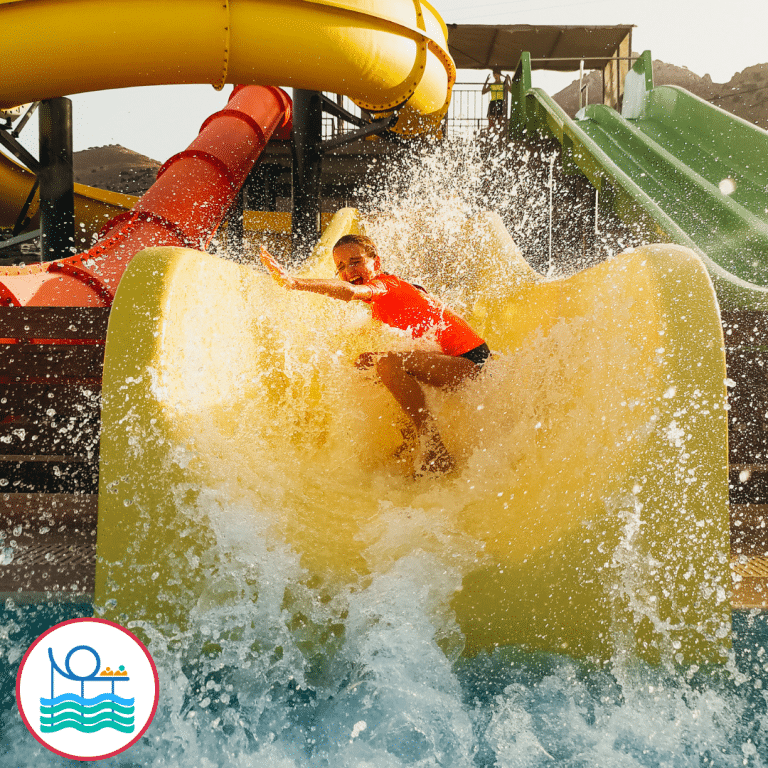
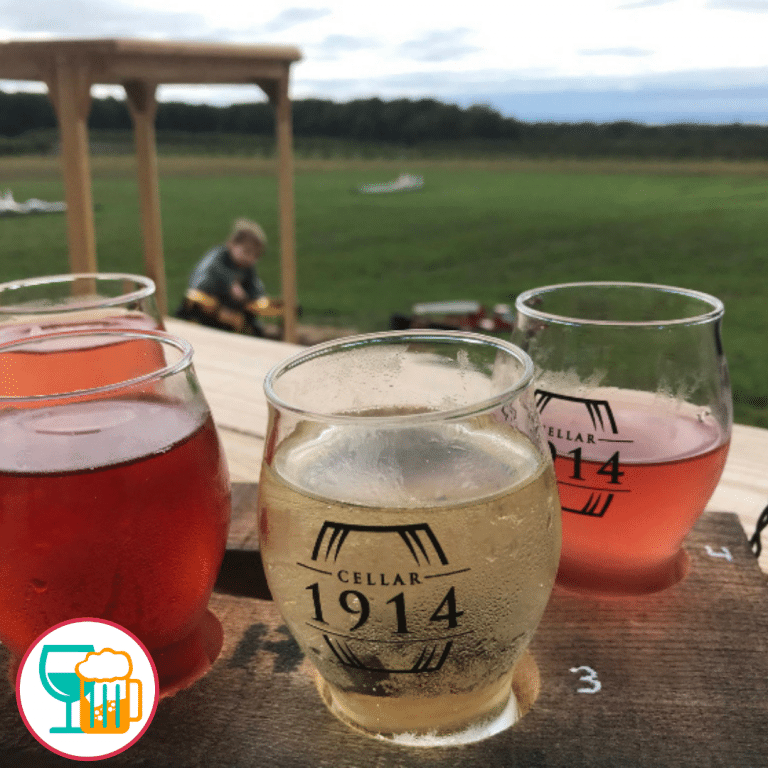
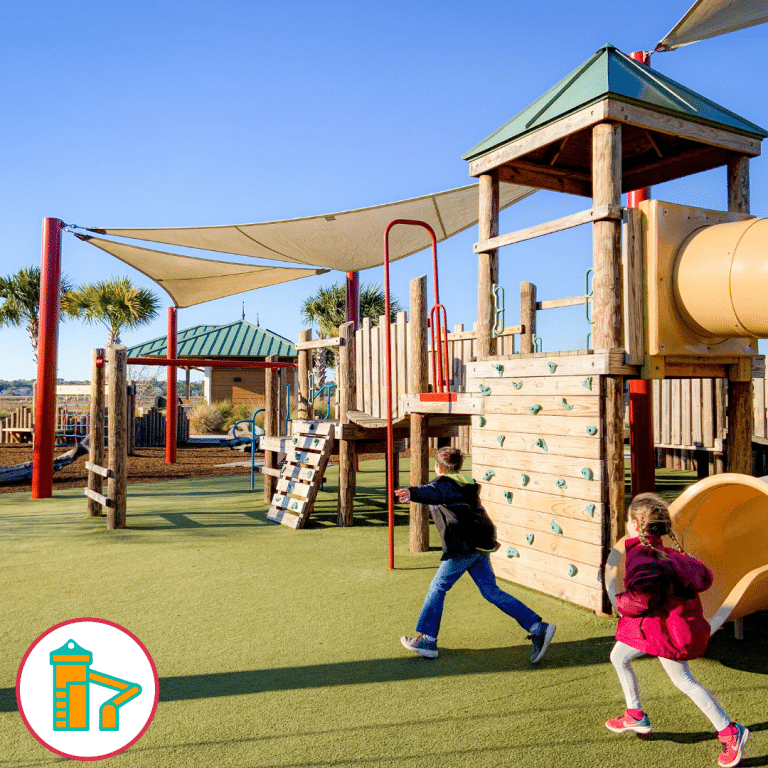
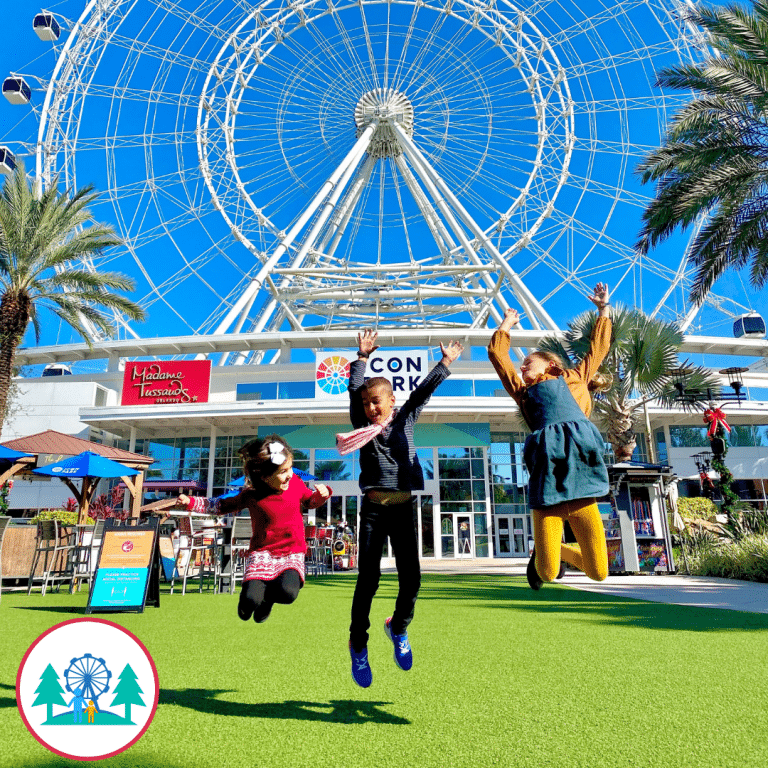
Discover places around the world for kids and their families, tested and approved by parents themselves.
“I struggled for the first 4 years of my eldest son’s life to be a ‘good’ mom’. Parenting was challenging because my son was ‘difficult'”, Nicole Santiage shares in her biography. Nicole is a coach, author of a book on ADHD parenting mindset shifts and strategies, former educator and home/virtual school parent with the gift of inattentive ADHD. She shares with us how travel has helped her family and a few tips to support families facing the challenges of traveling with sensory-sensitive children. Sensory sensitivity is often part of a diagnosis like Autism Spectrum Disorder, Sensory Processing Disorder or ADHD
We use our senses (there are actually 8 not 5) to process information. Our brains and nervous systems are constantly processing input that directs our behavior. For children and adults with sensory processing quirks, or “sensory sensitivity,” certain input overwhelms the senses. A child with sensory sensitivity to a certain food texture might gag, while a child with sensory sensitivity to a loud sound might scream and cover their ears.
A household with highly sensory-sensitive children can be laborious for parents and caregivers. Many acutely sensory-sensitive children are calmed by routines, eating the same foods, and knowing what their senses will be exposed to on a daily basis. As Nicole explains, “Parental responsibilities are more intense, especially when a child’s triggers are unknown.”

Travel puts the family in a completely new environment. It allows exposure to new tastes, sensations, sounds and views, which is highly intellectually-stimulating and captivating. Travel helps brains grow! With the right plan and practice, the benefits of travel for sensory-sensitive kiddos outweigh the disruption to routine it may cause. For my own son with ADHD, who prefers his room to any place we go, I see the light in his eyes when he experiences a new environment. We’ve traveled to Puerto Rico, Costa Rica, Mexico and 34 of the states in the United States since he was a baby. I know he wouldn’t have the courage to leave his cocoon of safety without the effort we’ve made to travel for the past 14 years.
@familyaddventures offers her perspective on traveling with a child with sensory sensitivity.
.
✅What does sensory sensitivity mean for her family?
✅ How she organizes her travels with that in mind.
✅ How any family can advocate and look for places that are inclusive for invisible disabilities like Sensory Processing Disorder.
There are some difficulties parents of sensory-sensitive children will face while out and about. One of the issues they face is is misunderstanding. “Most of our kids don’t ‘look like’ they are different,” says Nicole. Parents of sensory-sensitive children need to be prepared to explain what their child might need in a busy hotel lobby or on public transportation or when in the midst of a meltdown. They have to train themselves to stay calm and communicate clearly if there is a problem or they need support.
Another difficulty is finding quiet spaces free of sensory overload. Traveling abroad usually includes a long plane ride. “I can’t tell you how many times I’ve taken my child to a tiny airplane bathroom so he could calm down,” says Nicole. This is why families dealing with sensory-sensitive children have to go through extensive planning to learn where to escape to or find privacy during their travel journey. For that, Nicole shares her favorite tip: “Escape can also be headphones with a favorite song recording and a charged iPad in a pinch.”
A third problem is unknown open spaces. “My eldest was prone to running off–and running for miles. I have a vivid memory of chasing my three year-old down a beach in Piñones, PR,” remembers Nicole. Things like fully-enclosed playgrounds can be a life saver for families facing these challenges.
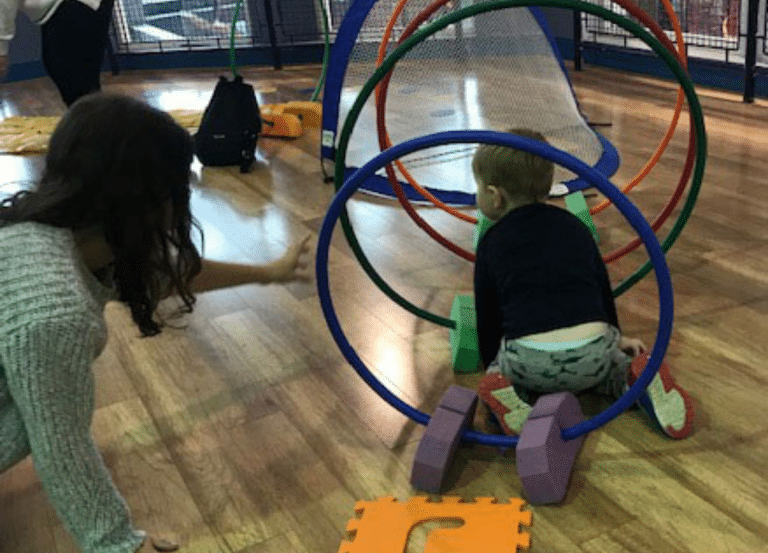
There are many destinations, including resorts, airports and theme parks, that offer sensory sensitive-friendly experiences.
Places like Morgan’s Wonderland in San Antonio, TX was built for children with special needs and has an indoor Sensory Village, plus outdoor sand play and catch-and-release fishing. Walt Disney theme parks provide MANY accommodations, like alerts for highly-stimulating attractions and reservations for rides so families can skip the line. Vancouver has an I Can Fly airline program where children can practice boarding, use private security lines and watch videos prior to the experience.
The Gowhee App provides a filter called “sensory sensitive amenities,” which shows locations offering particular amenities for special needs children on the map.
In addition, some aquariums, parks, museums and zoos have sensory-sensitive “days,” which cater to families with special needs children.
“Above all, teach kindness and acceptance,” Nicole advises. This means you should take your children to places that welcome neurodivergent and special needs individuals, so your family is aware and knows what to expect.
As you travel, look for ramps, elevators, pool lifts on the pool deck, sensory-sensitive back packs or special days advertised in places and add them to the Gowhee App. Another tip from Nicole: Ask what amenities a hotel or destination provides for those with special needs. Many businesses are ready able to serve sensory-sensitive children and adults, but you won’t know what’s available unless you ask. It only takes a few seconds to inquire about these during your trip, but these tools are invaluable for accessibility for all. They are important to note for families traveling with sensory-sensitive kids.
Sensory playgrounds and sensory rooms provide the level of support. Playgrounds may have a sandpit and fences so parents can corral children more easily. Sensory rooms have pads and equipment that allow children to push, jump, hide and play safely.
Tell us in the comments… What place(s) near you have sensory-sensitive amenities?











The only global travel app designed for family travel, using crowd sourced data from parents around the world.

Copyrights@2024 Gowhee Technologies. All Rights Reserved.